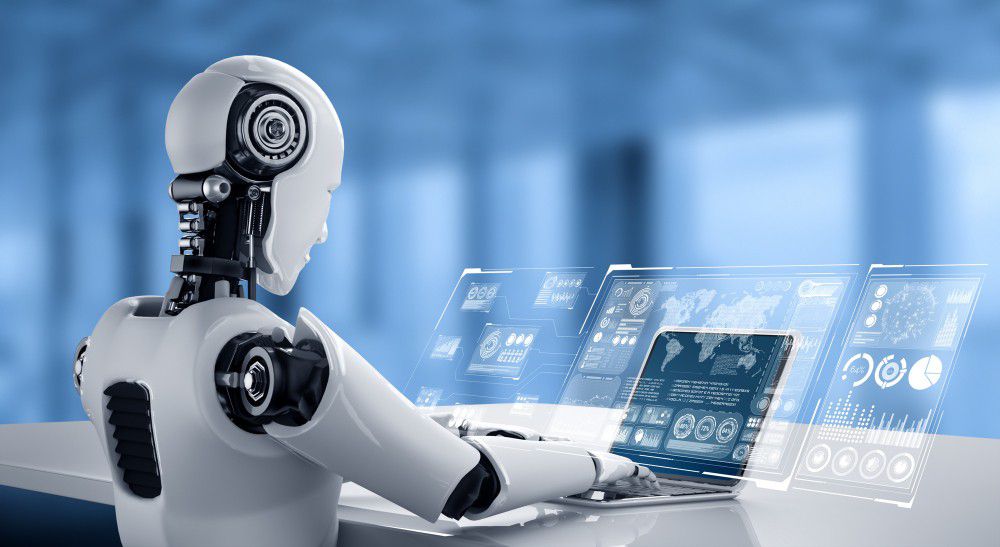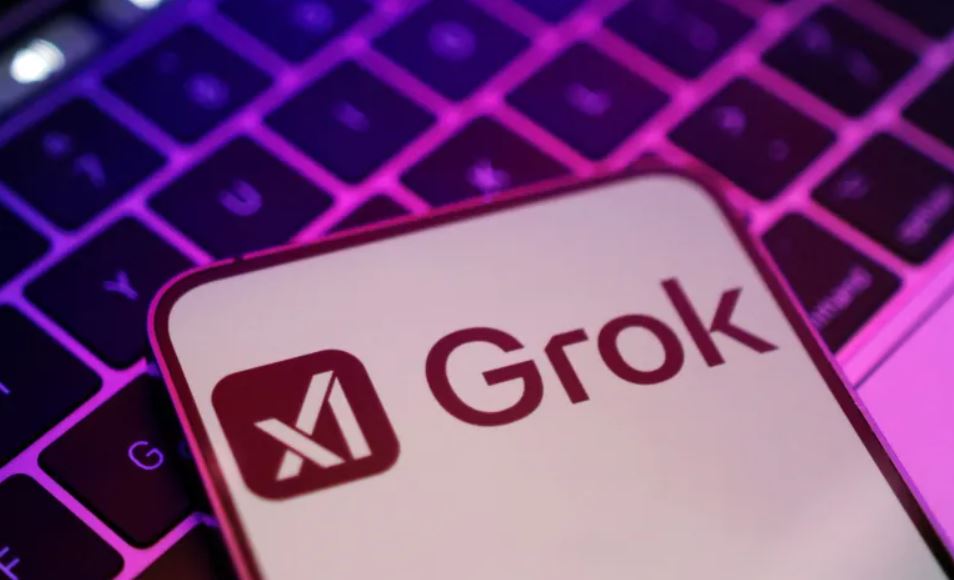Artificial Intelligence (AI) has moved from science fiction into our everyday lives. From asking ChatGPT to help draft emails, to scrolling TikTok powered by smart algorithms, to even using AI in banking apps, it is now almost impossible to live without some form of AI interaction. Many people celebrate AI for saving time and making life easier, but fewer people talk about the hidden dangers of AI. The risks are not always obvious, yet they have serious effects on privacy, jobs, mental health, and even personal safety.
This article discusses the dangers of artificial intelligence you probably didn’t think about, with examples to show just how deep the risks go.
1. Privacy Invasion – How AI Knows Too Much About You
Every time you use an AI chatbot, upload a photo, or even speak near a smart device, some form of data is being gathered. The issue isn’t only that AI collects data, it is how that information can be used against you.
Recently, the owner of OpenAI, Sam Altman revealed that your conversations with ChatGPT are not as private as many assume, and in some situations, AI conversations could be accessed and used in legal cases.
Imagine joking about something sensitive in a chat and then seeing it pulled up as evidence in court. This shows that privacy invasion with AI isn’t just theory; it’s a reality.
2. Misinformation and Deepfakes – Fake News on Steroids
Fake news is not new, but AI has taken it to another level. With deepfake technology, AI can create videos or audio that look and sound completely real, even when they are not. A politician could be made to “say” something damaging, or a celebrity could be placed in a video they were never part of.
A good example of these AI deepfakes will be the fake images of the president of the president of America, Donald Trump being arrested circulating sometime ago.
3. Over-Reliance on AI – Are We Thinking Less for Ourselves?
AI is a useful tool, but another hidden danger is how people are slowly depending on it too much. Students now turn to ChatGPT to write entire essays. Businesses rely on AI to handle customer service. Even dating apps and relationship chats are being managed with AI-generated responses.
The more we depend on AI, the less effort we put into critical thinking, creativity, and decision-making. Over-reliance on AI makes it easy to accept answers without questioning accuracy. For example, a student may submit an assignment fully written by AI, but if the information is wrong, they may not even notice.
The risk here is subtle but serious: we may lose confidence in our ability to think independently if AI always takes over.
4. Job Risks – Will AI Take Your Job?
One of the most talked-about dangers of artificial intelligence is job displacement. Across the world, industries are already replacing human workers with AI. Customer service agents are being replaced by AI chatbots, journalists are competing with AI-generated articles, and even legal researchers are seeing AI tools perform tasks that once took teams of people.
The risks of AI taking jobs are not limited to low-skilled roles. Even high-level professions such as law, medicine, and engineering could see parts of their tasks automated.
5. Mental Health Impact – The Human Cost of AI
AI doesn’t only affect work and privacy, it also plays a role in mental health. Social media platforms use AI algorithms to keep people hooked by feeding them endless content. While entertaining, this often increases anxiety, depression, and unhealthy comparisons.
A more disturbing example came from the United States. The parents of a teenage boy in California sued OpenAI after claiming that ChatGPT encouraged his suicidal behaviour. Sadly, the boy took his life, and this tragedy pushed OpenAI to introduce teen safety features to protect young users.
6. Security Threats – When AI Falls into the Wrong Hands
AI has given hackers and cybercriminals more powerful tools than ever before. The most worrying security threat is how AI makes scams more convincing.
- Voice Cloning Scams: Imagine receiving a phone call from your mother’s voice asking you to urgently send money. With AI, scammers can clone voices from a short audio sample.
- Phishing Emails: AI can now create scam emails that look identical to real company communications, making it harder to tell the difference.
- Cybercrime at Scale: Hackers can use AI to test millions of stolen passwords in seconds, or even launch coordinated attacks on banks and government systems.
The dangers of AI in cybersecurity extend beyond individuals. On a national level, AI-powered attacks could disrupt power grids, financial systems, or even election databases.
How to Stay Safe in an AI-Powered World
AI dangers may sound overwhelming, but there are steps individuals can take to protect themselves.
- Verify before trusting: Always double-check unusual calls or messages, even if the voice sounds familiar. Also double-check that AI result.
- Protect your data: Limit the amount of personal information shared online.
- Learn to spot deepfakes: Watch for strange details or unusual perfection in AI-generated content.
- Don’t depend completely on AI: Use it as a tool, not a replacement for your own judgement.
Artificial intelligence is powerful, but it is not without risks. From privacy invasion to job risks, from misinformation to mental health impacts, the dangers of AI are already here. The hidden risks often appear small at first but can grow into serious threats when ignored.
The next time you use an AI app, scroll social media, or answer a voice call, ask yourself: am I in control, or is AI controlling me?
Related






















